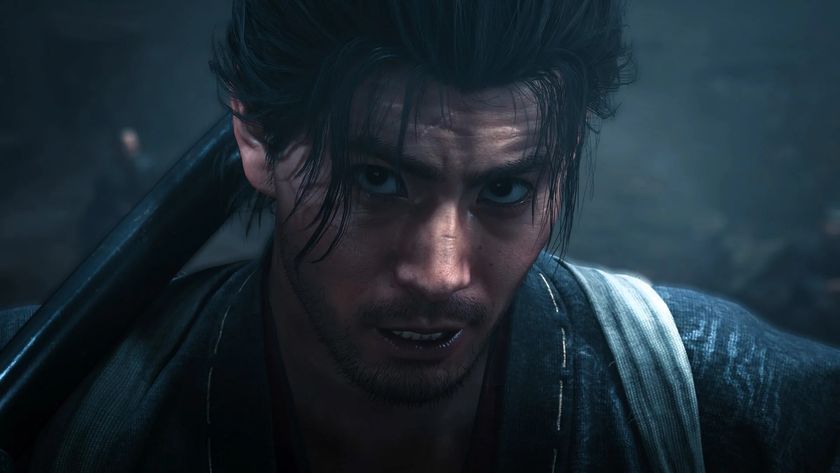Crusader: No Remorse was one of the first games that made you feel like a real action hero
Reinstall – Crusader: No Remorse.
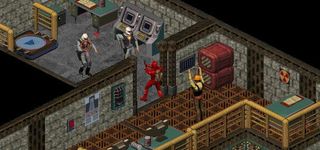
Crusader isn't about action, or even shooting. It's not about explosions, about story, or about saving the world from the generic totalitarian government in charge of it. It's about being That Guy. You know the one. The one the guards have no chance of stopping. The one who just walks through any trap. The one who's sent in alone to save the world because he and his gun are, if anything, overkill.
Action heroes don't get much sleeker than the Silencer—an unnamed, mute super-commando who worked for the evil, all-controlling World Economic Consortium until ordered to massacre a group of civilians. Refusing, he officially switched sides and joined up with the rebels instead, lending his gun, skill, and (most importantly) awesome-looking battle armor to their noble cause. Just one glance at him tells you you're many, many weight classes above most enemies you'll face.
For the time, Crusader was amazingly impressive. The high-resolution graphics were incredible, the number of animations and combat options almost ridiculous. What were stodgy controls then are now a little painful, but there's still plenty of power in being able to roll around, fire in 360 degrees, and unleash an armory of toys like scuttling spiderbots and placeable detpacks. Who doesn't love lots of big explosions? Nobody, that's who - and Crusader did them bigger than almost anyone at the time.

It's the story side I still find most interesting, though, not in terms of the big plot (in summary: blah blah dystopia blah blah evil chairman blah blah Vigilance Platform), but in how Crusader treats you, the supposed hero and savior of the Resistance. Your first glimpse of it is after the first mission, when you return to base for a pat on the back, only to have your commanding officer practically spit in your face and make it clear you've been forced on him. The other rebels you meet don't trust you as far as they could throw you, and remember: you're wearing power armor.
In fairness though... they have a point. Not only do they have no reason to trust you, you haven't even taken their enemy's logo off. You're the futuristic equivalent of an SS defector fighting for occupied France in a swastika-covered jacket purely because you think that logo looks cool. The best argument for you not being a double-agent is that one would never be this stupid.
Much of the story revolves around proving their suspicions wrong. There's never any hint that the Silencer himself cares what anyone thinks of him—he's a tool who's simply jumped into a different toolbox—but you do. Every time you return to base, it's to a propaganda-filled news post about how your mission to blow up an evil research lab was really an attack on the local puppy orphanage. Every time you get back, you hope your colleagues will finally take note of the fact that you really are on their side. And slowly but surely, they do, with nicknames like “Tin Man” giving way to grudging acceptance, and ultimately respect. And then nothing at all going wrong. Definitely not.
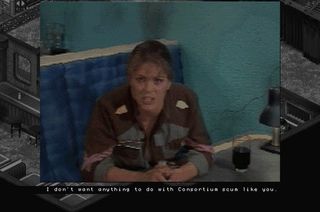
While all played out using the hammy acting and blue-screen effects that absolutely scream “'90s PC game,” it adds a surprisingly strong emotional core to the game that was sadly missing in the standalone expansion-pack-style sequel, No Regret. It even adds something to the missions themselves, where guards will inevitably be blown up, burned alive, or melted into goo for your entertainment, but there's a personal reason to keep the engineers and other civilians alive. You don't have to. In fact, if you kill everyone, the game doesn't care. It still feels right to try, though, if only to set a good example.
The biggest gaming news, reviews and hardware deals
Keep up to date with the most important stories and the best deals, as picked by the PC Gamer team.
Besides, if not for the civilians, who'd leave all those convenient passwords and keycards lying around? Crusader wasn't the first game to use the “everyone is a forgetful cretin who should be fired immediately for leaving vital codes less than two steps from the bloody locked door” school of security, but it remains one of the worst offenders. Oddly, it's less noticeable now than it was at the time. Like health packs fixing up rockets to the face, these days we're just inured to the silly.
Crusader's primary weakness is that it falls between two different genres. It's not fast paced and fluid enough to be a great action game, but nor do the extra bits it bolts on add enough to make it a hybrid. There's a bit of stealth, but you're not going to play it as a stealth game. You get plenty of gadgets, but it's hardly Deus Ex. It's impossible to play without wishing it could have had the flexibility of 3D, even knowing that the technology of the day would never have been up to the challenge. Still, if the suits at EA (which currently holds the Crusader license) are looking for a franchise to reboot, they could certainly do worse than dig the Silencer up for one last mission.
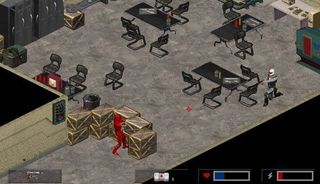
Release date: 1995
Publisher: Electronic Arts
Developer: Origin
Video guide: Let's Play Crusader: No Remorse
Trivia: Crusader: No Remorse used the same engine (albeit a modified version) as Ultima VIII: Pagan. While a much simpler game than that RPG, Crusader uses the engine much better. It has a higher resolution, more detailed graphics, far better controls, and—most importantly—a game that isn't Ultima VIII: Pagan. The semi-sequel, No Regret, was just a new set of missions. A proper Crusader 2 was on the cards though and would almost certainly have used something more advanced, but was aborted along with the rest of the series when creator Tony Zurovec left Origin.

Palworld studio's first move as a publisher is to save a struggling indie dev: 'This is the energy I want to see driving games in 2025'
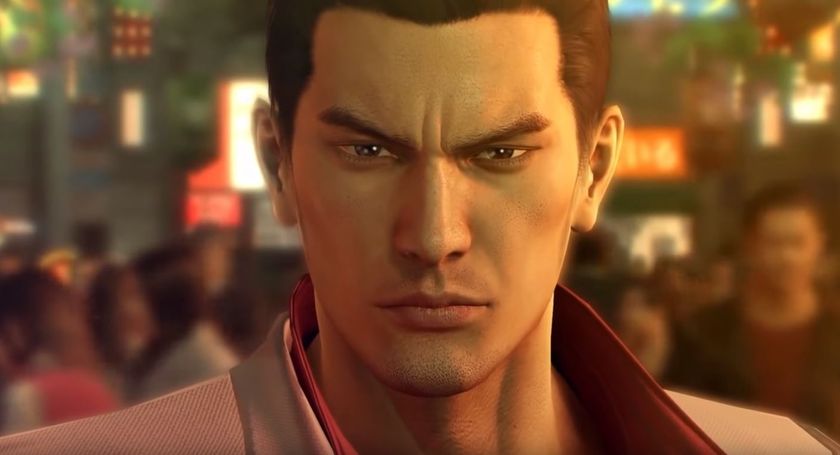
Yakuza/Like a Dragon creator Toshihiro Nagoshi says his studio's new game won't be that big after all: 'it's not modern to have similar experiences repeated over and over again'
Most Popular





